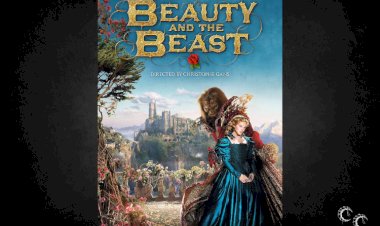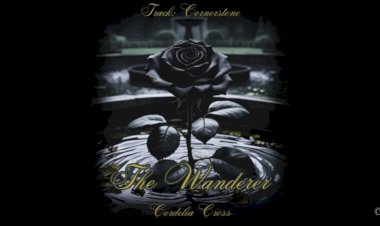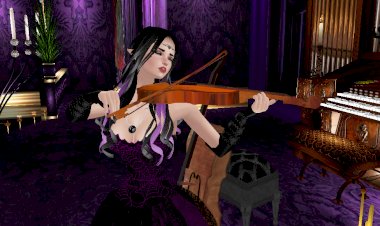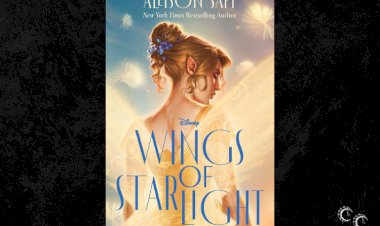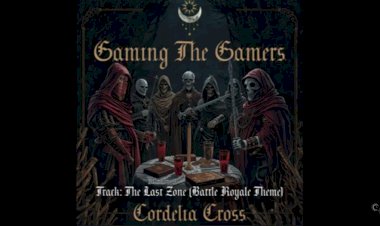Gothic Literature Revived: Modern Authors Breathing New Life into the Genre
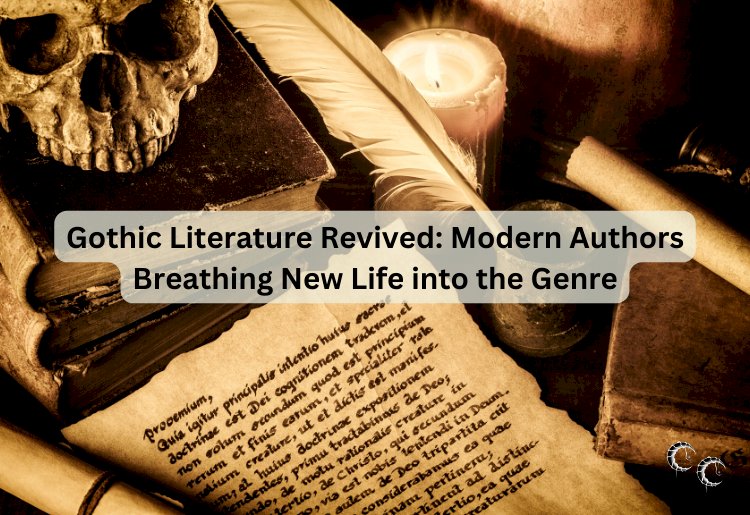
Gothic literature, with its eerie atmospheres, haunted landscapes, and brooding characters, has long captivated readers with its dark allure. While the genre has its roots in the 18th and 19th centuries, it continues to evolve and thrive in the modern literary landscape. Today, a new generation of authors is reviving and reimagining the traditions of Gothic fiction, infusing them with fresh perspectives and contemporary themes. Here are some contemporary authors who are pushing the boundaries of Gothic literature and captivating readers with their haunting tales:
-
Sarah Waters: Known for her intricate historical novels infused with Gothic elements, Sarah Waters has garnered critical acclaim for works like "Fingersmith" and "The Little Stranger." Her masterful storytelling and richly detailed settings transport readers to atmospheric worlds filled with secrets, suspense, and psychological intrigue.
-
Helen Oyeyemi: With her lyrical prose and inventive narratives, Helen Oyeyemi has emerged as a leading voice in contemporary Gothic fiction. Works like "White is for Witching" and "Boy, Snow, Bird" explore themes of identity, family, and the supernatural, blending elements of folklore and fairy tales with a modern sensibility.
-
Angela Carter: Though she passed away in 1992, Angela Carter's influence on Gothic literature continues to resonate today. Her subversive reimaginings of classic fairy tales in works like "The Bloody Chamber" have earned her a reputation as a pioneer of feminist Gothic fiction, challenging traditional gender roles and exploring the darker aspects of human nature.
-
Marlon James: Best known for his epic fantasy series "A Brief History of Seven Killings," Marlon James has also ventured into Gothic territory with his novel "Black Leopard, Red Wolf." Drawing on African mythology and folklore, James crafts a dark and immersive world filled with magic, monsters, and moral ambiguity.
-
Paul Tremblay: Blurring the lines between horror and literary fiction, Paul Tremblay is known for his unsettling and thought-provoking novels. In works like "The Cabin at the End of the World" and "A Head Full of Ghosts," Tremblay explores themes of family, trauma, and the supernatural, keeping readers on the edge of their seats with his gripping storytelling.
-
Silvia Moreno-Garcia: With her novel "Mexican Gothic," Silvia Moreno-Garcia offers a fresh take on the traditional Gothic tale, transporting readers to 1950s Mexico and infusing her story with elements of horror, mystery, and social commentary. The result is a chilling and atmospheric novel that pays homage to the classics while offering a unique perspective on the genre.
-
Emily St. John Mandel: Best known for her post-apocalyptic novel "Station Eleven," Emily St. John Mandel demonstrates her versatility as a writer with her Gothic-inflected mystery "The Glass Hotel." Set against the backdrop of the financial crisis, the novel explores themes of greed, guilt, and the ripple effects of tragedy, weaving together multiple narratives to create a haunting and immersive reading experience.
In conclusion, Gothic literature continues to thrive in the hands of contemporary authors who are breathing new life into the genre with their innovative storytelling and fresh perspectives. From atmospheric historical fiction to chilling psychological thrillers, these writers are keeping the Gothic tradition alive and well in the modern literary landscape. So dim the lights, pour yourself a cup of tea, and prepare to be transported to worlds of mystery, terror, and dark beauty with these captivating tales of Gothic fiction.








